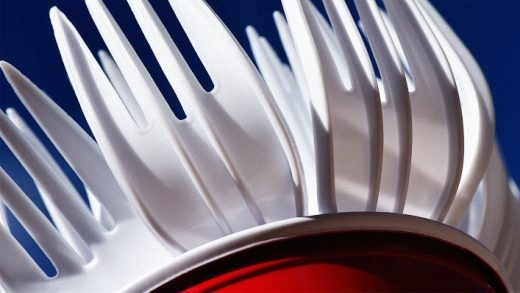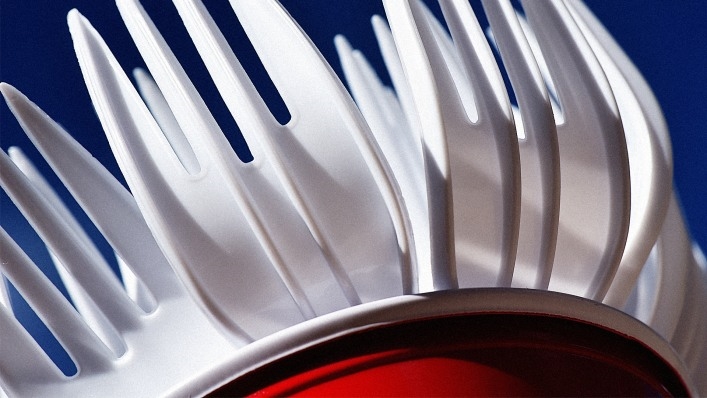This Fungus Discovered In A Pakistani Landfill Likes To Eat Plastic
Out of all the plastic ever made–an estimated 8.3 billion metric tons–most of it still exists as waste in some form, whether that’s in a landfill or in the shellfish or sea salt that you eat. On its own, it typically takes hundreds of years or more to degrade.
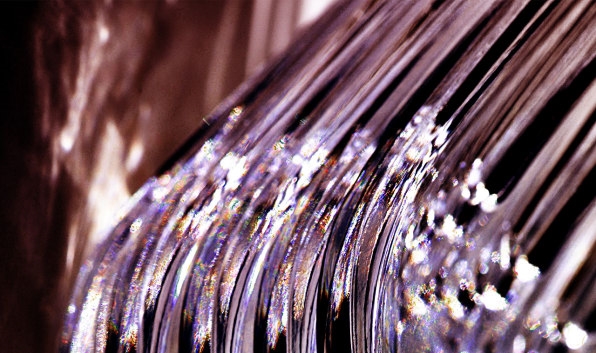
But when researchers studied soil samples from a landfill in Islamabad, Pakistan, they made a discovery: A particular fungus in the soil can eat at least one kind of plastic. When it encounters polyester polyurethane, a plastic used to make synthetic leather, adhesives, car parts, and many other products, the fungus starts to break it down.
“The fungus secretes enzymes that degrade the plastics, and in return, the fungus gets food from it by dissolving the plastics,” says Sehroon Khan, a postdoctoral researcher at the World Agroforestry Center and lead author of a paper about the process.
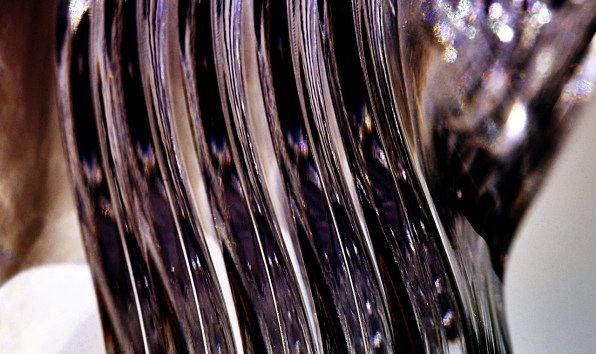
The fungus, called Aspergillus tubingensis, uses enzymes to break chemical bonds in the plastic, and then uses its mycelia, a network of tiny root-like filaments, to further break apart the material. A piece of plastic can be digested within weeks. The process isn’t perfect–when the fungus eats plastic, it also creates some greenhouse gas emissions (the researchers haven’t measured these totals yet). But it could potentially be a way of dealing with plastic in landfills, and the researchers are seeking funding to create a large-scale system for plastic degradation.
Other organisms could also help. Wax worms, for example, which evolved to eat wax in beehives, can eat polyethylene trash such as plastic bags. The enzymes that the species uses could potentially be engineered at scale to clean up waste. Japanese researchers discovered a bacteria that can digest plastic bottles, which could also potentially be used to process waste–though the researchers also noted that it may not be any better for the environment than just recycling the bottles in the first place.
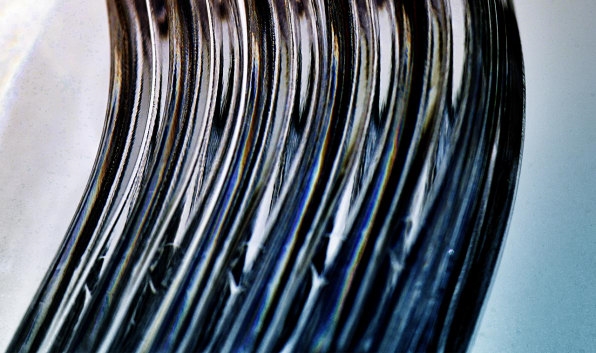
If the enzyme from wax worms was used, “that is addressing the symptoms, not the problem itself,” says Christopher Howe, one of the co-authors of a study on the caterpillar’s trash-eating abilities. “We need to cut back on the amount of plastic waste we produce.”
Roughly half of all plastic becomes trash in less than a year. At current growth rates, there may be 12 billion metric tons of plastic in landfills by 2050, and more plastic in the ocean may outweigh fish.
Fast Company , Read Full Story
(35)

